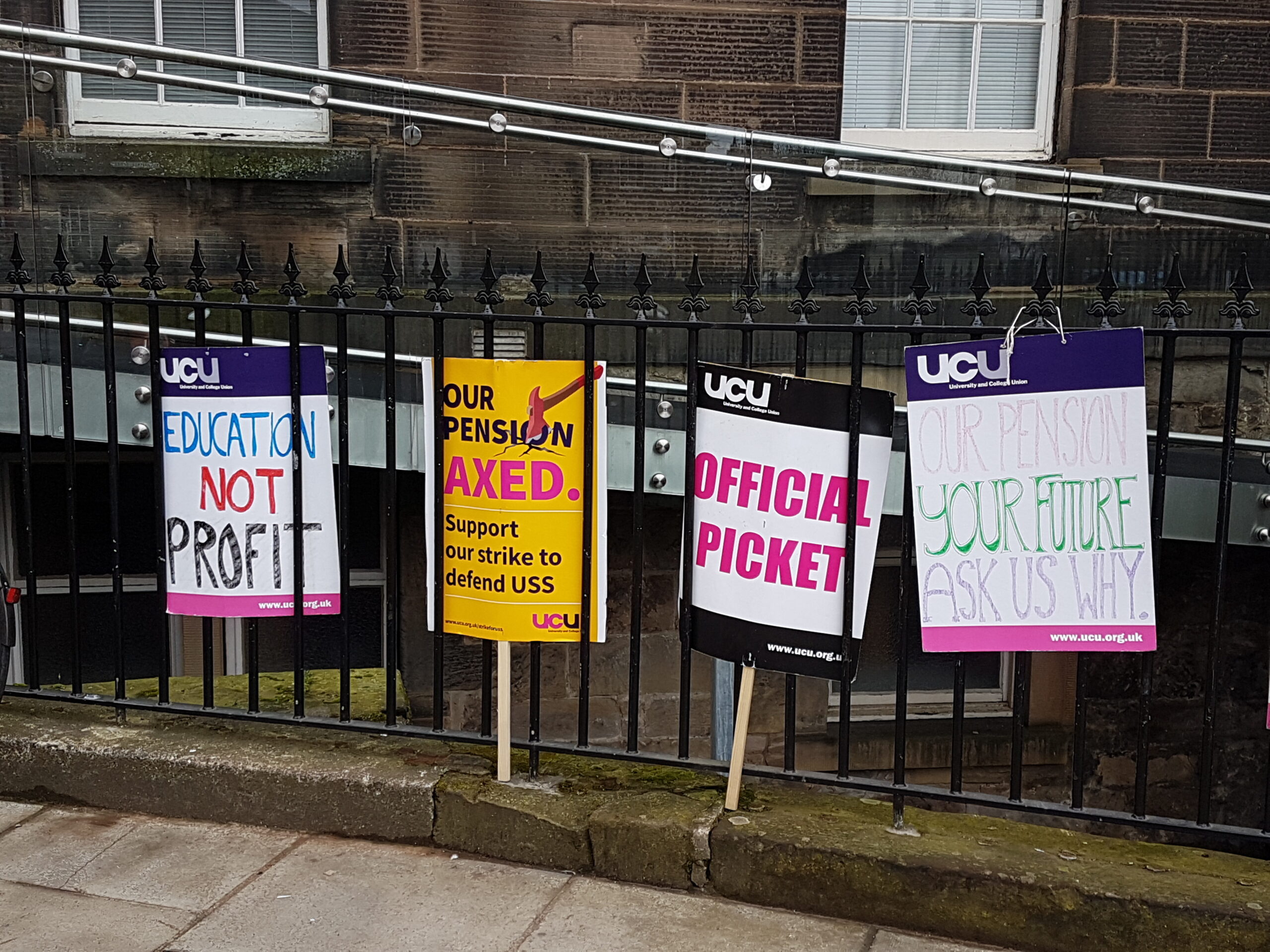
It is no secret that, over the last few weeks, tensions have spiked between universities and their staff on the almost unanimous decision to join the UCU’s strike action. You may have seen the emails in your inbox piling up, notifying you that after weeks of deliberation, three days of teaching have been struck off. For several modules across Thursday 24th, Friday 25th and Wednesday 30th of this month, there will be no lectures, further study or office hours. Outraged by their working conditions and disputes over pensions, university staff are going on strike, and calling upon both the government and universities to step up to the mark.
Initially, the cost-of-living crisis may be blamed for what appears to be a sudden slam on the brakes, yet the UCU has been driving towards this decision for months, even years. Plagued by issues of gender, contract type and financial delegation, the UCU has put its foot down and now demands that universities erase the inequalities within the education sector. The University of Exeter is no exception. Reporting an 18.6% mean gender pay gap across the 6,362 staff employed (2.7% higher than the national average), with women being ‘significantly overrepresented in the lower pay quartiles’, it can be seen that improvements are needed. Moreover, despite years of education, some lecturers across the country have been rewarded with only temporary contracts, placing them in a position of financial insecurity. To make matters worse, these lecturers face 51.3 hour work weeks on average, with more than two unpaid days each week. This has led to a feeling of disillusionment amongst university staff nationwide, resulting in more than eight in 10 voting yes to strike action, toppling the minimum 50% threshold required.
For many, this has caused a lot of distress. With essays and exams pending, students feel as though they are being disregarded and that the thousands of pounds spent on their education is being swilled down the drain. There is no doubt that education is a costly investment. Ever since the tripling of tuition fees, universities have slowly assumed the role of a business, raking in thousands of pounds each year. The university sector alone generated an income of £41.1 billion, with Vice Chancellors earning a collective £45 million. Yet, students and teachers are inadvertently paralleling one another, as both are being cheated by the unequal system. According to the UCU, ‘the truth is that we are not all in this together’, as while many lecturers have faced reduction in salaries amounting to almost a quarter of pay since 2009, Vice Chancellors and the Senior Management have received massive payouts, reportedly earning over six figures a year.
Though on the surface it may appear that lecturers striking serves only to impede our education, when we look beyond the picket line, we can see that they are exercising their right to call out universities who are unwilling to pay them what they are worth. Perhaps then we should stand alongside our lecturers, our mentors, as they strike out against a system that stretches them to the limit. For their suffering is our suffering: with strung out lecturers how will we receive a quality education?


Average Rating